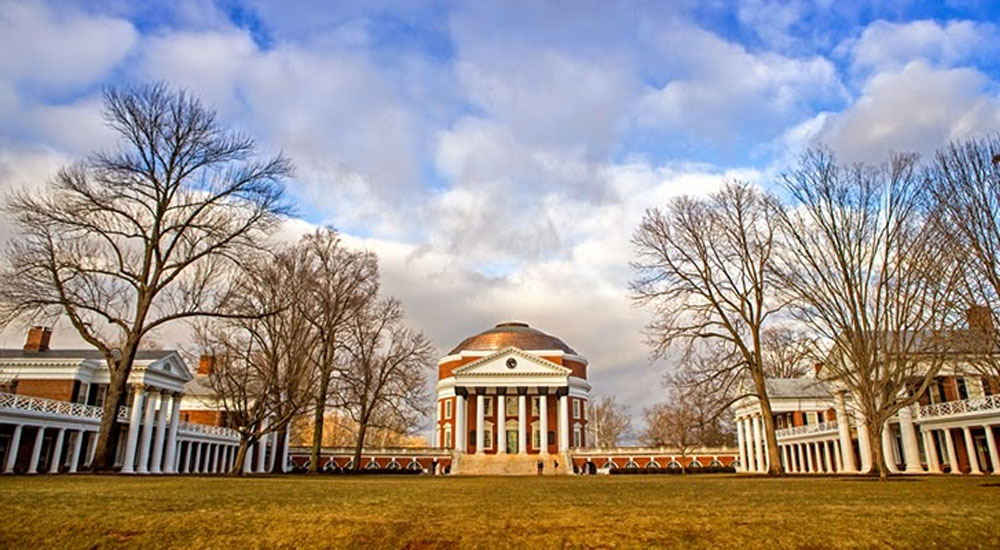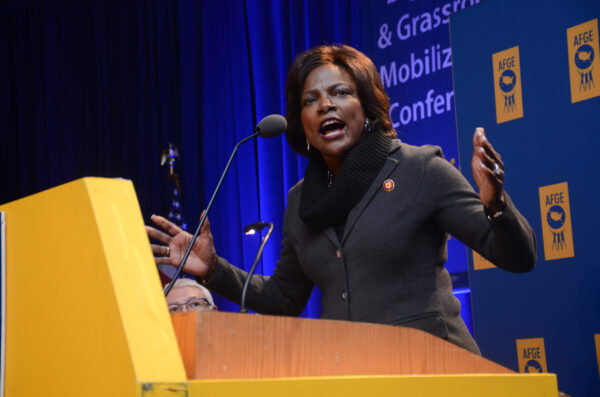Last year, Virginia’s House Speaker Kirk Cox (R-Colonial Heights) said the “build it and they will come” approach to workforce development is antiquated. Instead, he wrote that Virginia must be the “build strong bridges from school to jobs” state; the “prepare resilient graduates for lifelong success and service” state; the “provide an affordable pathway for everyone in a growing economy” state.
Building on his remarks delivered to Virginia business leaders at the annual meeting of the GO Virginia Foundation in 2018, Cox explained, “Progress is needed on a range of cost-saving approaches, from more robust community college transfer programs and online options…to greater efficiency and collaboration among colleges…to more financial aid, TAG grants, and work-study options for students.”
At the culmination of this year’s 46-day General Assembly session in Richmond, a multitude of GOP-led legislation set forth a pathway to make college more affordable to Virginians and will promote a workforce fit for the 21st century.
H.B. 2653, introduced by the speaker himself, would create “Institutional Partnership Performance Agreements” to allow colleges, businesses, and state governments to work together to make college more affordable, promote access to internships, align degree programs to the Commonwealth’s economic needs, and ensure steady investments in higher education.
By creating institutional partnership agreements, Virginia leaders can aid in aligning efforts on major priorities like the talent production and acquisition and affordable access, leading to funding measurable results. By allowing the “Old Dominion” to become a modern magnet for talent, new pathways will be created for Virginians to secure great jobs, rewarding careers, and fulfill a life of good citizenship and service.
Part of preparing Virginia students to be successful for the 21st century workforce is ensuring they have access to the training necessary to succeed in in-demand career paths. H.B. 2008 from Delegate Scott Garrett (R-Lynchburg) would require Virginia’s Department of Education, in consultation with representatives the renewable energy, natural gas, nuclear energy, coal, and oil industries, to establish a “energy career cluster.”
Currently, families pay a 10 percent “pricing reserve” on top of semester contract prices, which is in addition to the amount needed to pay future contract benefits to mitigate fiscal risk to the fund. In June 2018, the Joint Legislative and Audit Review Commission (JLARC) published a 40-page report detailing that Virginia’s Prepaid529 program is 138 percent funded – the highest in its 21-year history – just as tuition rates maintain year-over-year increases in college and universities across the state, which increased by over five percent for the 2018-2019 school year.
Therefore, the program is more than capable of meeting all of its commitments to prospective students.
H.B. 1611, patroned by House Education Chairman Steven Landes (R-Weyers Cave), provides that the ratio of the assets to the obligations of the Virginia College Savings Plan shall not exceed 105 percent. Moreover, if the plan’s funded status drops below 105 percent, the pricing reserve, set by the Virginia529 Board, may exceed five percent but not 10 percent.
The legislation also requires the governing board of the Virginia College Savings Plan to provide to the House Appropriations Committee, the Senate Finance Committee, and JLARC written notification and a detailed explanation of any change to the pricing reserve within 30 days.
In tandem, H.B. 2173, introduced by Delegate Jason Miyares (R-Virginia Beach), would require that a public comment period be adhered to before any public college or university increased its tuition or mandatory fees.
Delegate Roxann Robinson’s (R-Chesterfield) H.B. 1972 would institute several other changes to the Virginia College Savings Plan. The bill would permit the board to maintain an independent disbursement system for prepaid tuition contract benefits at a rate equal to the percentage of enrollment-weighted average tuition at public, private, accredited non-profit, and independent institutions of higher education.
Other provisions would enhance the accessibility and affordability of higher education for all citizens of the Commonwealth, and assist families and individuals to save for qualified disability expenses.
Current and prospective students that live in the Appalachian region that attend or will attend the University of Virginia’s (UVA) College at Wise would experience reduced tuition rates through Delegate Terry Kilgore’s (R-Gate City) H.B. 1666. The legislation applies to all prospective students in the Appalachian region as defined in 40 U.S. Code § 14102.
This year’s final budget agreement for the General Assembly also includes $57 million to freeze tuition at public colleges and universities beginning in 2020, and $15 million for increases in financial aid via H.B. 1700 from House Appropriations Chairman Chris Jones (R-Suffolk).






